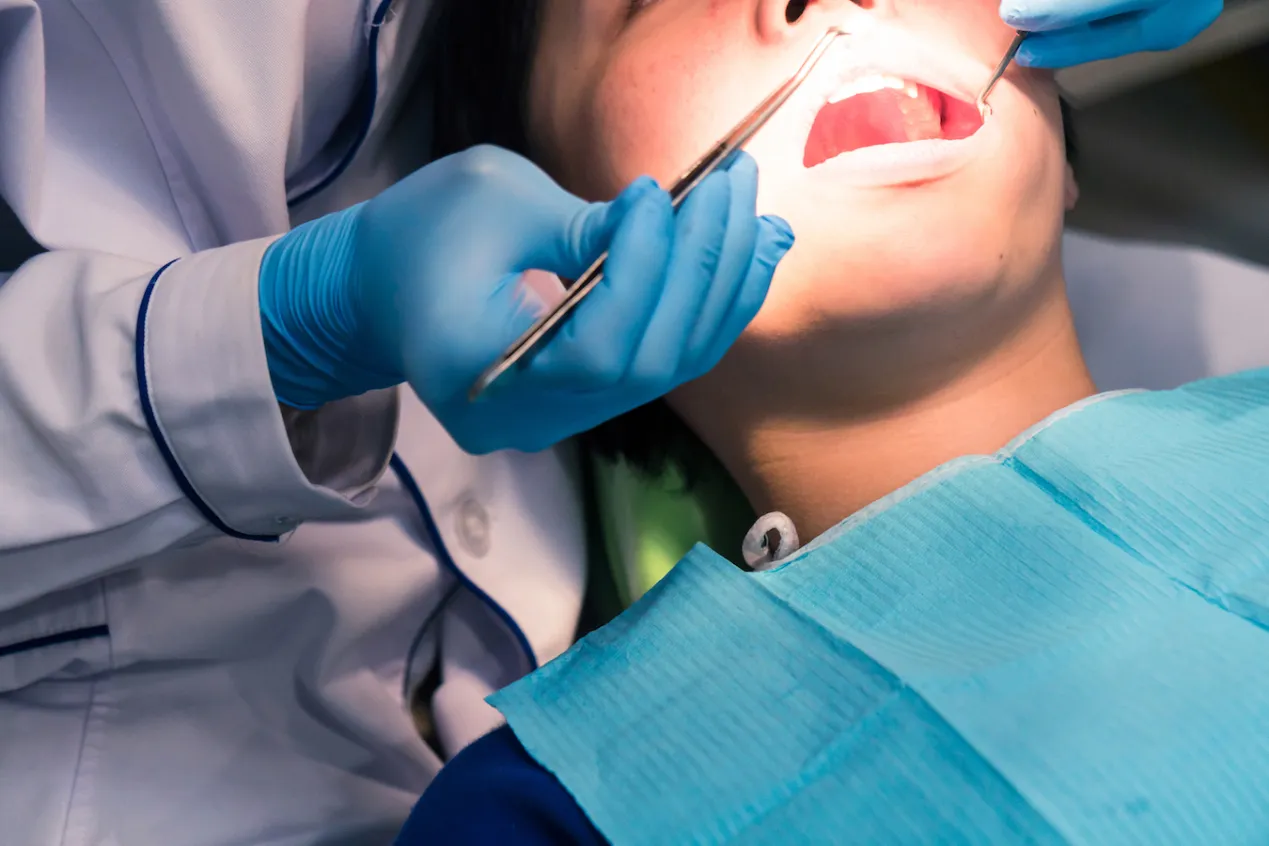Discover Frequent Dental Issues Your Dental Practitioner Can Deal With
Comprehending frequent oral problems is important for maintaining optimal oral health. Issues such as tooth cavities, gum condition, tooth level of sensitivity, foul-smelling breath, and dental caries are usual yet typically forgotten up until they become severe. Dental experts possess the expertise to identify and treat these conditions, consequently stopping more difficulties. Routine dental sees and customized treatment strategies can address these troubles properly, ensuring a much healthier and brighter smile. What certain treatments do dental practitioners employ to battle these problems, and how can early treatment make a distinction? The responses to these inquiries supply useful insights into protecting your dental health.
Dental Caries
Cavities, likewise referred to as dental cavities, are a widespread dental health and wellness concern triggered by the demineralization of tooth enamel due to acid production from microbial plaque. This process begins when microorganisms in the mouth metabolize sugars and starches from food, generating acids that erode the enamel. If not dealt with promptly, this erosion can pass through much deeper right into the tooth, impacting the dentin and at some point the pulp, possibly resulting in serious discomfort and infection.
The early stages of dental caries formation often existing as white areas on the tooth surface area, suggesting initial demineralization. As the procedure advances, these places can become brown or black sores, representing much more substantial degeneration. Normal dental examinations are vital for very early discovery, as dental caries in their incipient stages can be treated with remineralization methods, such as fluoride therapies.
When a tooth cavity has created, corrective intervention is needed. Dental practitioners normally remove the decayed part of the tooth and load the tooth cavity with products such as composite resin, amalgam, or ceramic. In more extreme situations, a crown or root canal therapy may be needed. Precautionary steps, including excellent oral hygiene practices and nutritional modifications, play a crucial function in alleviating the danger of cavities.
Gum Tissue Condition
While tooth cavities represent a significant worry for dental wellness, another important problem that requires focus is gum tissue illness. Likewise called periodontal disease, gum tissue disease is an inflammatory condition affecting the tissues bordering and supporting the teeth. It is mostly created by the buildup of plaque-- a sticky film of microorganisms that bases on teeth.
Gum illness progresses via phases, beginning with gingivitis, characterized by inflammation, swelling, and hemorrhaging periodontals (dentist eugene or). If left without treatment, gingivitis can intensify to periodontitis, where the internal layer of the gum tissue and bone retreat from the teeth, developing pockets that end up being infected. Gradually, the toxic substances produced by the bacteria break down the bone and connective cells that hold teeth in position, potentially resulting in tooth loss
Early discovery and treatment are important. Expert oral cleanings and boosted dental health practices, such as brushing two times day-to-day and flossing, can handle gingivitis. For advanced phases, treatments may include scaling and origin planing, anti-biotics, or perhaps medical interventions.
Regular oral exams play an essential role in stopping and handling gum tissue condition. Dental practitioners can recognize early indications and recommend ideal interventions, making sure the maintenance of healthy and balanced gum tissues and general dental health.
Tooth Sensitivity
Tooth level of sensitivity impacts millions of people worldwide, offering a common yet usually traumatic oral concern. This condition emerges when the enamel, the outermost protective layer of the teeth, is jeopardized, revealing the underlying dentin.
Numerous elements contribute to enamel erosion and subsequent tooth level of sensitivity, consisting of hostile cleaning, acidic foods and drinks, gum tissue economic downturn, and bruxism (teeth grinding) Furthermore, dental procedures such as teeth whitening can temporarily heighten level of sensitivity.
Halitosis
Another common oral issue that affects people' day-to-day lives is negative breath, medically labelled bad breath. Bad breath frequently originates from bad dental health, which allows food fragments to remain in the mouth, fostering bacterial development.

Dental practitioners play a vital function in identifying and dealing with halitosis. They can recognize the source with an extensive evaluation and provide customized recommendations and treatment strategies. Suggestions might include improving dental hygiene techniques, such as routine brushing and flossing, making use of anti-bacterial mouthwashes, remaining moisturized, and resolving any dental issues. In many cases, a referral to a specialist might be necessary to take on underlying health issue adding to halitosis. Reliable administration of halitosis not just improves dental health yet likewise dramatically enhances top quality of life.
Dental Caries

Avoiding tooth degeneration involves a combination of excellent oral hygiene techniques and normal oral examinations. Cleaning teeth a minimum of two times daily with fluoride tooth paste, flossing to remove plaque in between teeth, and restricting the intake of sugary foods and this hyperlink drinks are crucial preventive steps. Fluoride therapies, dental sealants, and specialist cleanings provided by a dentist can additionally play a considerable function in fortifying enamel and avoiding decay.
Dental practitioners can eliminate decayed cells and restore the tooth with fillings made from products such as composite resin, amalgam, or porcelain. By resolving tooth degeneration without delay, dental professionals aid protect oral framework and function, ensuring long-lasting oral health.
Final Thought
Addressing typical oral concerns such as dental caries, gum tissue illness, tooth level of sensitivity, foul-smelling breath, and tooth decay is essential for preserving optimal dental health and general well-being. Dental practitioners possess the know-how to identify and deal with these concerns successfully, making sure customized take care of each person. Normal oral exams and safety nets are necessary in determining and taking care of these concerns early, promoting a much healthier and much more certain smile over a life time.

Tooth degeneration, likewise known as dental decays, occurs when the enamel, the outermost layer of the tooth, is worn down by acids generated by microorganisms in the mouth. Brushing teeth at the very least two times daily with get more fluoride tooth paste, flossing to remove plaque in between teeth, and limiting the consumption of sweet foods and beverages are crucial preventive steps.Addressing usual oral issues such as tooth cavities, periodontal condition, tooth level of sensitivity, poor breath, and tooth degeneration is essential for preserving optimal dental health and wellness and general well-being.